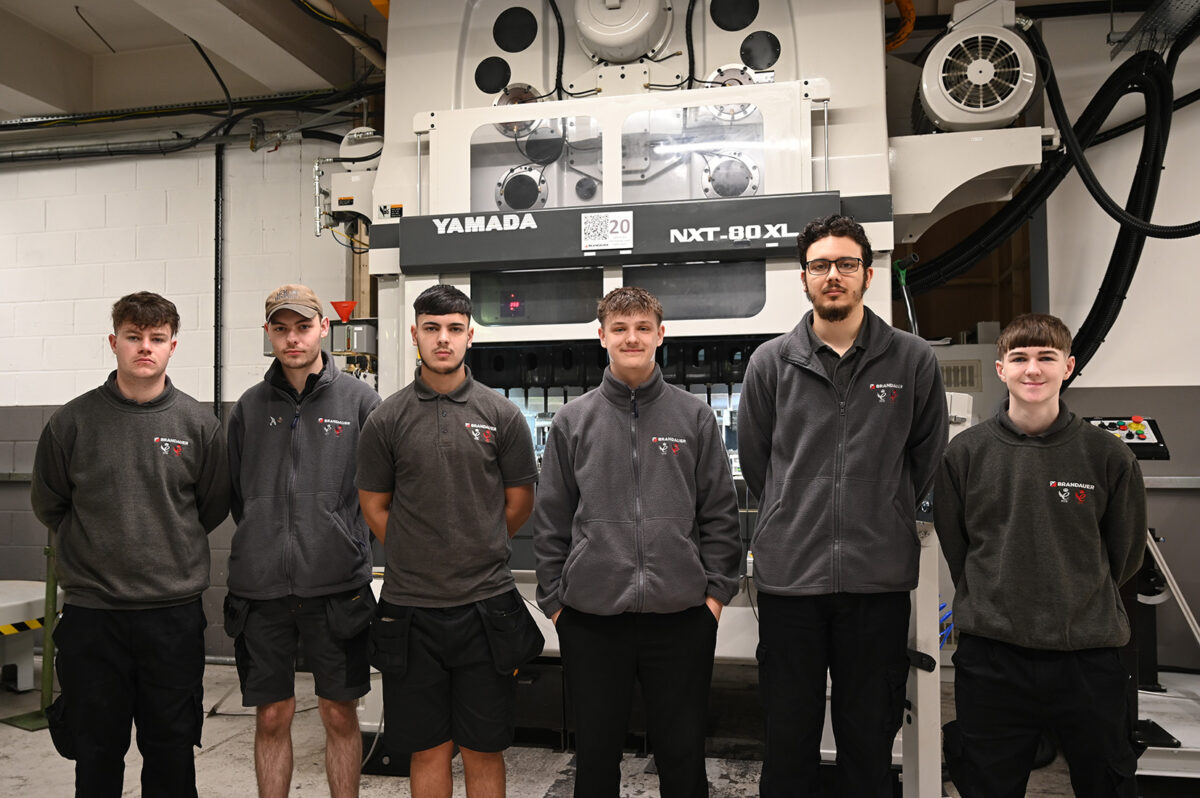Net zero transition is essential to delivering the Levelling Up agenda

The Government’s 12 missions to level up the UK set a welcome ambition to spread economic opportunities, high quality education and a good quality of life across the country.
A rapid transition to a net zero emissions economy is going to be absolutely essential to deliver these goals in practice.
Growing investment in renewable energy [1], building insulation [2], electric vehicles [3], public transport and low carbon industrial clusters [4] holds the key to creating jobs, improving productivity, driving private investment and skilling up the workforce across the country.
If the Government is serious about its Levelling Up ambitions, it must proceed at pace with the implementation of its Net Zero Strategy [5].”
Nick Molho, Executive Director at the Aldersgate Group
[1] It is estimated that the offshore wind sector will see jobs increasing from 26,000 currently to 70,000 by 2026, with jobs created in areas such as the Solent, the Humber and Scotland – Offshore Wind Industry Council [OWIC] (2021), Offshore Wind Skills Intelligence Model Report
[2] According to the Construction Industry Training Board (CITB), improving the building fabric energy efficiency of every building in the country in need of retrofit will require 12,000 workers to be trained every year for about the next four years, before the need to ramp up annual recruitment by up to 30,000 workers between years 2025 and 2030. This implies an increased trained workforce of up to 230,000 by the end of the decade – Construction Industry Training Board [CITB] (2021), Building skills for net zero
[3] It is estimated that the UK could produce around 1.6 million EVs per year by 2040 and establish seven gigafactories in national territory. These gigafactories could create up to 78,000 new jobs (both direct and in the supply chain), with 24,500 in battery manufacturing, 43,500 in the battery supply chain, and around 10,000 in EV manufacturing – Faraday report – March 2020 update. Annual gigafactory study: UK electric vehicle and battery production potential to 2040
[4] Low carbon industrial clusters that could support the productions of low carbon industrial products such as steel, glass and chemicals could be developed in a wide range of locations such as South Wales, Merseyside, Teesside, the Humber and the Southampton area – Aldersgate Group (2021), Accelerating the Decarbonisation of Industrial Clusters and Dispersed Sites
[5] The @Aldersgate-Group is an alliance of leaders from business, academia and civil society that drives action for a sustainable economy. Our members include some of the largest businesses in the UK with a collective global turnover of over £550bn, leading NGOs, professional institutes, and academic institutions. Our mission is to trigger the change in policy required to address environmental challenges effectively and secure economic benefits for the UK in doing so. Aldersgate Group (2021), Net Zero Strategy Policy Tracker: Key Announcements and Next Steps











Responses